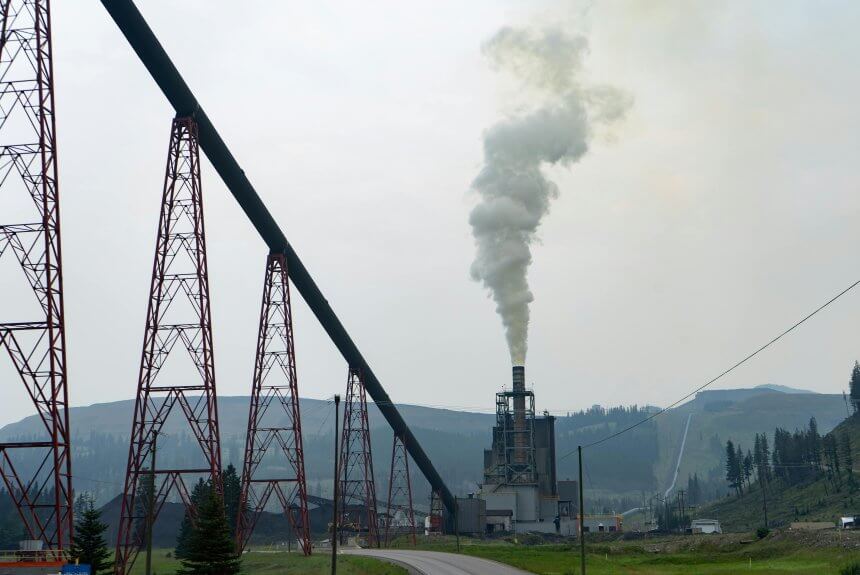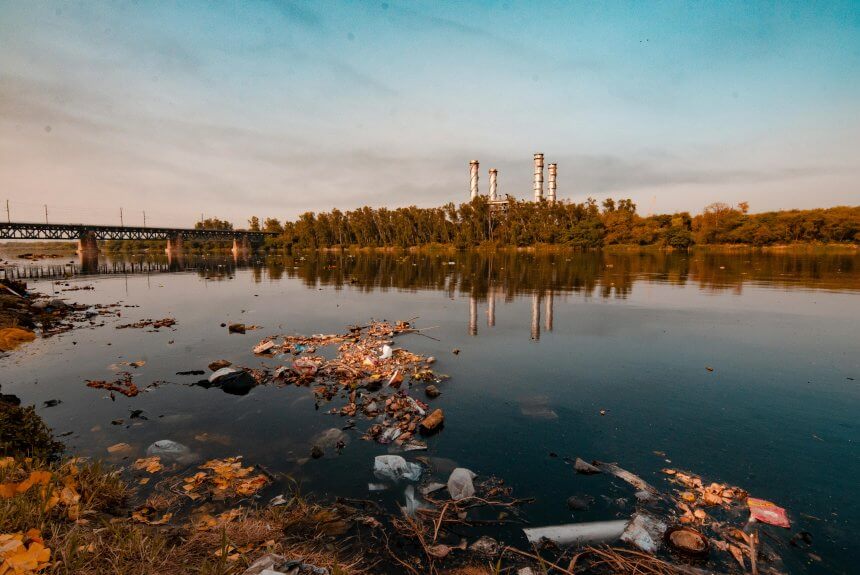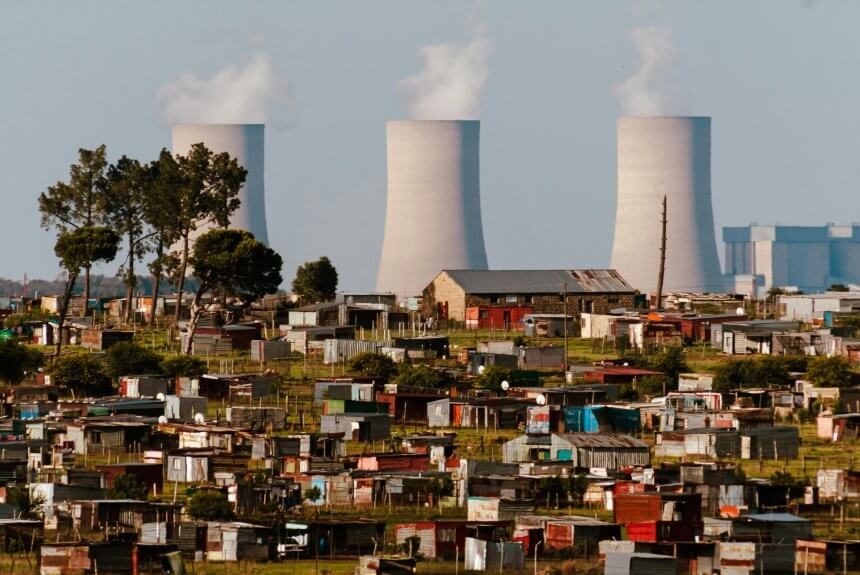THE CLIMATE SCORECARD MAGAZINE
A way to learn about efforts to fight climate change
in leading greenhouse gas emission countries
Issue #5 // September 2025
What Recent Climate Polling Tells Us
Climate Scorecard depends on donations from people like you
ABOUT CLIMATE SCORECARD MAGAZINE
Climate Scorecard Magazine is a monthly digital magazine intended to inform those interested in climate change about trends to reduce emissions in leading greenhouse emitting countries. Each month we will focus on a different topic related to climate change, e.g. fossil fuels, renewable energy; and provide our readers with information and analysis of policy and program trends within and across countries. We trust our magazine will help increase your knowledge and understanding and welcome your feedback. Please send any comments to: contact (at) climatescorecard.org.
Ron Israel
Publisher and Editor
Climate Scorecard Magazine
Introduction
Climate Scorecard Magazine Issue #5 presents summaries of the latest polling data that reflect the degree of support for climate change policies in major greenhouse gas-emitting countries. This issue includes data on public attitudes, views, and knowledge regarding climate change, renewable energy, sustainable development, and related topics. The polling data identifies which demographic and political groups support or oppose climate change policies, the reasons behind their positions, and the types of policies they believe are necessary. We also offer suggestions on how to enhance the effectiveness of existing climate-related polling and how it could be strengthened. The table below provides a summary of the polling data from leading countries, followed by complete country reports.
| Country | Climate Justice Issue |
| Australia | 56% of Australians agree that if individuals don’t act now to combat climate change, they will be failing future generations. While this is consistent with last year’s result, it lags behind the global average of 64% across 32 countries. |
| Brazil | Support for renewable energy is practically unanimous: a PoderData survey (2024) shows that over 80% of Brazilians support investments in solar and wind energy and consider it essential that the country invest in clean energy sources. |
| Canada | A recent July poll from Leger & National Post (2025) informed our new Liberal government (seated on April 28) that climate change is a priority challenge, ranking it in eighth place. |
| China | The findings indicate a generally high level of public awareness and strong support for climate action and national carbon neutrality goals. |
| France | According to an April 2025 Ipsos-CESI poll, over 75% of French citizens say they are worried about the effects of climate change, with 83% viewing it as urgent or very important. Despite high concern, behavior change still lags. Few respondents report regularly carpooling or using low-emissions transport. |
| Germany | Germany has long been regarded as a climate-conscious nation, with strong public support for environmental protection and climate policy. However, recent polling research suggests that this long-standing engagement may be losing momentum. |
| India | The Indian public is deeply concerned about the climate crisis—but this concern needs to be translated into policy support and behavioral change. For that, high-quality, inclusive, and frequent polling is indispensable. |
| Indonesia | Recent national and international surveys reveal that Indonesians are among the world’s most climate-concerned citizens. |
| Japan | Growing awareness, support for bold policies, and personal action remain limited, leaving Japan at a crossroads between rising anxiety and slow momentum. Only 4 in 10 Japanese citizens feel a personal duty to act on climate change. |
| Mexico | In 2024, 77 % of Mexicans report increased worry over climate change compared to the previous year, placing Mexico fourth worldwide in terms of rising concern. |
| Nigeria | While 87% of academic studies on Nigeria’s climate policies highlight growing awareness, only about 28% of the general public can accurately explain what drives climate change. |
| Saudi Arabia | Results from global surveys indicate an increase in the number of Saudis who perceive climate change as a serious and immediate threat, reflecting a heightened awareness of the urgency in addressing climate issues. More local climate polling surveys are needed. |
| South Africa | There is a significant level of climate change skepticism among the South African public. |
| Spain | Spain demonstrates strong public support for both mitigation and adaptation policies addressing climate change — especially in areas such as renewable energy, behavioral regulation, and infrastructure investment. |
| Turkey | 71% of Turkiye’s population believes climate change is primarily the result of human activity. In comparison, 26% think it’s a natural process, and a small minority (3%) deny its existence altogether. |
| United Kingdom | Only 53% now rank climate change as one of the most critical issues facing the country, a decline from 69% in 2023. The cost-of-living crisis and NHS concerns appear to be overshadowing environmental priorities. |
| United States | About 6-in-10 conservative Republicans believe climate change policies would hurt the US economy. In contrast, 57% of Democrats believe that they actually help the US economy. |
Country Reports
Australia: What Recent Climate Polling Tells Us
56% of Australians agree that if individuals don’t act now to combat climate change, we will be failing future generations. While this is consistent with last year’s result, it lags behind the global average of 64% across 32 countries. Recent national polling reveals that Australians remain moderately concerned about climate change, with a consistent majority…
Brazil: What Recent Climate Polling Tells Us
Support for renewable energy is practically unanimous: a PoderData survey (2024) shows that over 80% of Brazilians support investments in solar and wind energy and consider it essential that the country invest in clean energy sources. Recent surveys reveal widespread recognition of the importance of climate change among the Brazilian population. According to a Datafolha survey…
Canada: What Recent Climate Polling Tells Us
A recent July poll from Leger & National Post (2025) informed our new Liberal government (April 28) that climate change is a lesser priority challenge, ranking it in eighth place. In recent months, Canadian priorities appear to have changed on climate concerns. A recent July poll from Leger & National Post (2025) let our new…
China: What Recent Climate Polling Tells Us
The findings indicate a generally high level of public awareness and strong support for climate action and national carbon neutrality goals.This report synthesizes recent polling data to provide a comprehensive understanding of public opinion in China regarding climate change policies and programs. The findings indicate a generally high level of public awareness and strong support…
France: What Recent Climate Polling Tells Us
According to an April 2025 Ipsos-CESI poll, over 75% of French citizens express concern about the effects of climate change, with 83% viewing it as urgent or very important. Despite high concern, behavior change still lags. Few respondents report regularly carpooling or using low-emissions transport. At the midpoint of 2025, French citizens continue to express…
Germany: What Recent Climate Polling Tells Us
Germany has long been regarded as a climate-conscious nation, with strong public support for environmental protection and climate policy. However, recent polling research suggests that this long-standing engagement may be losing momentum. The UBA’s Environmental Awareness Study, a biennial survey of over 2,500 adults in Germany, shows that although environmental and climate protection remain important…
India: What Recent Climate Polling Tells Us
The Indian public is deeply concerned about the climate crisis—but this concern needs to be translated into policy support and behavioural change. For that, high-quality, inclusive, and frequent polling is indispensable. As the world grapples with intensifying climate extremes, India, home to over 1.4 billion people, is emerging as a pivotal player in global climate…
Japan: What Recent Climate Polling Tells Us
Yet despite growing awareness, support for bold policies and personal action remains limited, leaving Japan at a crossroads between rising anxiety and slow momentum. Only 4 in 10 Japanese people feel a personal duty to act on climate change. New polling reveals a sharp rise in climate concern across Japan, fueled by another record-breaking summer…
Mexico: What Recent Climate Polling Tells Us
In 2024, 77 % of Mexicans report increased worry over climate change compared to the previous year, placing Mexico fourth worldwide in terms of rising concern.As the Country Manager for Mexico at Climate ScoreCard, I have reviewed the latest polling data and public opinion research to assess the views of Mexican citizens on climate change, renewable…
Nigeria: What Recent Climate Polling Tells Us
While 87% of academic studies on Nigeria’s climate policies highlight growing awareness, only about 28% of the general public can accurately explain what drives climate change. Nigeria is at a pivotal moment in its development, where the demands of economic growth, energy security, and climate responsibility intersect. As global momentum builds toward decarbonization, Africa’s most…
Saudi Arabia: What Recent Climate Polling Tells Us
Results from global surveys indicate an increase in the number of Saudis who perceive climate change as a serious and immediate threat, reflecting a heightened awareness of the urgency in addressing climate issues. More local climate polling surveys are needed. Research and polling studies were conducted to assess public awareness, acceptability, and attitudes towards climate…
South Africa: What Recent Climate Polling Tells Us
There is a significant level of climate change skepticism among the South African public.Polling for the significance of climate change patterns In 2023, approximately 10% of South Africans denied any significant changes in climate patterns, while 32% believed that the observed weather changes were due to natural variability, rather than human activity. Additionally, 31% of…
Spain: What Recent Climate Polling Tells Us
Spain demonstrates strong public support for both mitigation and adaptation policies addressing climate change — especially in areas such as renewable energy, behavioral regulation, and infrastructure investment.Public Concern & SupportApproximately 75–80% of Spaniards remain concerned about climate change. A recent Ipsos-led “fatigue” survey notes 75 % remain concerned, especially among women, older adults, and left-leaning voters….
Turkey: What Recent Climate Polling Tells Us
71% believe climate change is primarily the result of human activity, while 26% think it’s a natural process, and a small minority (3%) deny its existence altogether.The message from the Turkish public is clear: climate change is real, it is happening now, and action is needed. In recent years, Türkiye has faced intensifying environmental challenges—from…
UK: What Recent Climate Polling Tells Us
Only 53% now rank climate change as one of the most important issues facing the country, a decline from 69% in 2023. The cost-of-living crisis and concerns about the NHS appear to be overshadowing environmental priorities. As climate crises intensify globally, recent polling in the United Kingdom reveals a complex and sometimes contradictory picture of…
US: What Recent Climate Polling Tells Us
About 6-in-10 conservative Republicans believe climate change policies would hurt the US economy, while 57% of Democrats believe that they actually help the US economy.In 2024, there was a significant increase in the number of US citizens who stated that they believed in climate change. The percentage grew from 72% in 2017 to 78%, according…
Climate Commitments
Tracking the short and long-term climate goals of leading greenhouse emissions countries
Read More

NDC Tracking Sources
View the sources we use to track progress of countries’ committments.
Read More


















